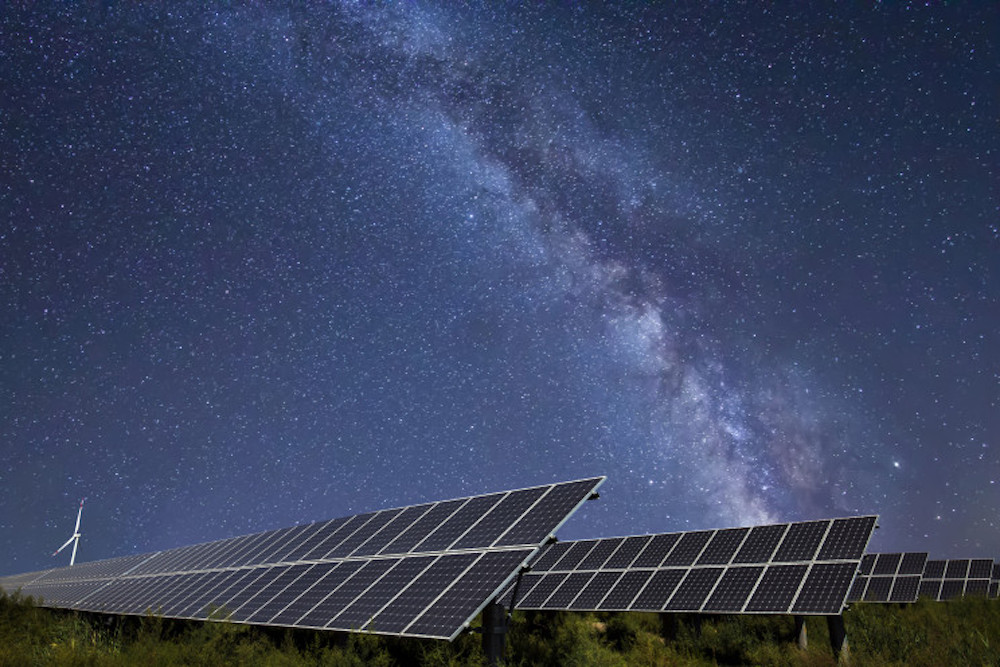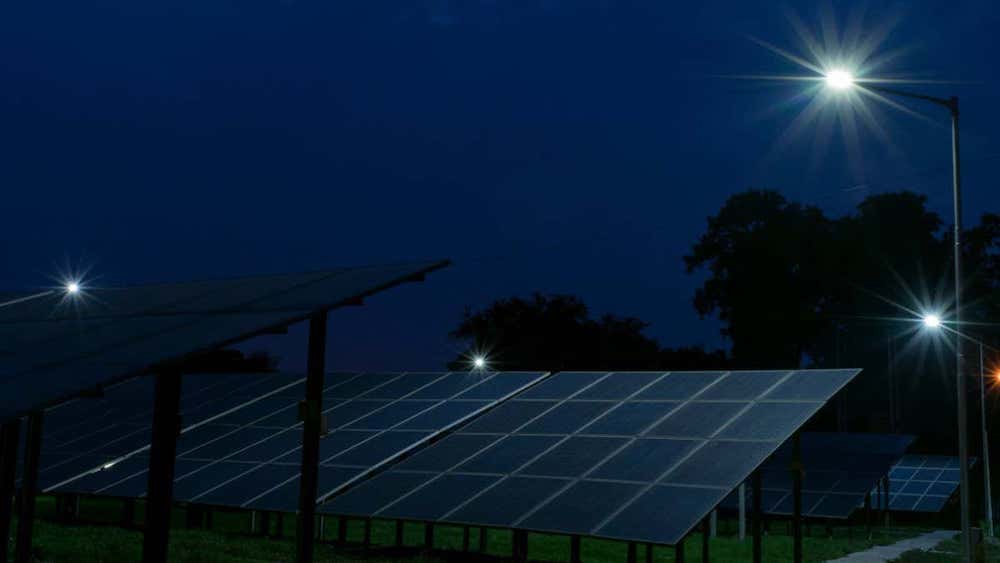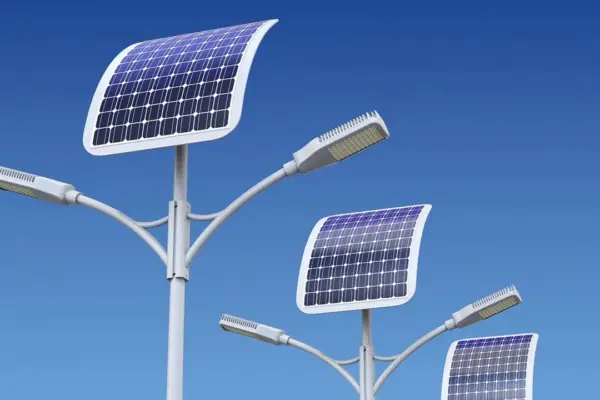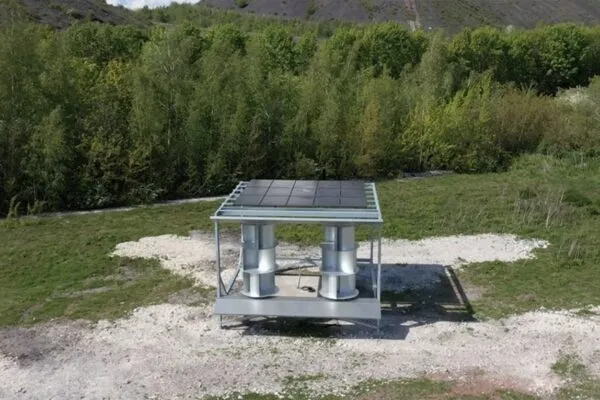Nighttime Solar Panels Capable of Producing Energy Without the Sun
Engineers at Stanford University have invented a solar panel that generates electricity even during the nighttime, paving way to a sustainable future for energy needs
We all are aware of solar panels that produce energy off-grid when the sun is shining bright. But these are rendered useless at nighttime. Not anymore! Recently Stanford University engineers have invented night-time solar panels that can generate electricity even without the Sun’s energy. It means that now solar panels can produce energy both day and night, anytime!
The study mentioning the achievement has been published in the Applied Physics Letters on April 5, 2022.
How do night-time solar panels work?
Wondering, as to how solar energy is harnessed at night? Well, the engineers have created a thermoelectric generator for this purpose. This particular device can absorb energy from the minute temperature difference between the ambient air and that of the solar cell.
It’s possible due to the natural heat flow from a hot source to a colder one for generating energy. In this case, the Earth’s constant radiative heat outflow to outer space is the source of energy, since the Earth’s atmosphere cannot keep all the heat in.

Image: Interesting Engineering
Due to the PV cells’ material, they get a few degrees colder at night compared to the ambient air. Hence, they can radiate the heat well. According to the researchers, this temperature difference is the key to producing steady solar power at nighttime while switching to the reverse mode.
How much energy is produced per square meter?
Their recent design can produce around 50 milliwatts per square meter of energy. This is not much considering home lighting needs a few more watts. To be precise, around 20-square-meters of the photovoltaic area is needed to power lights as per the existing design. However, there is still a lot of room for improvement. We hope that in the future we can see well-developed solar panels for constant energy flow – be it daytime or nighttime.

Image: Knowledia
Via: IndiaTimes


